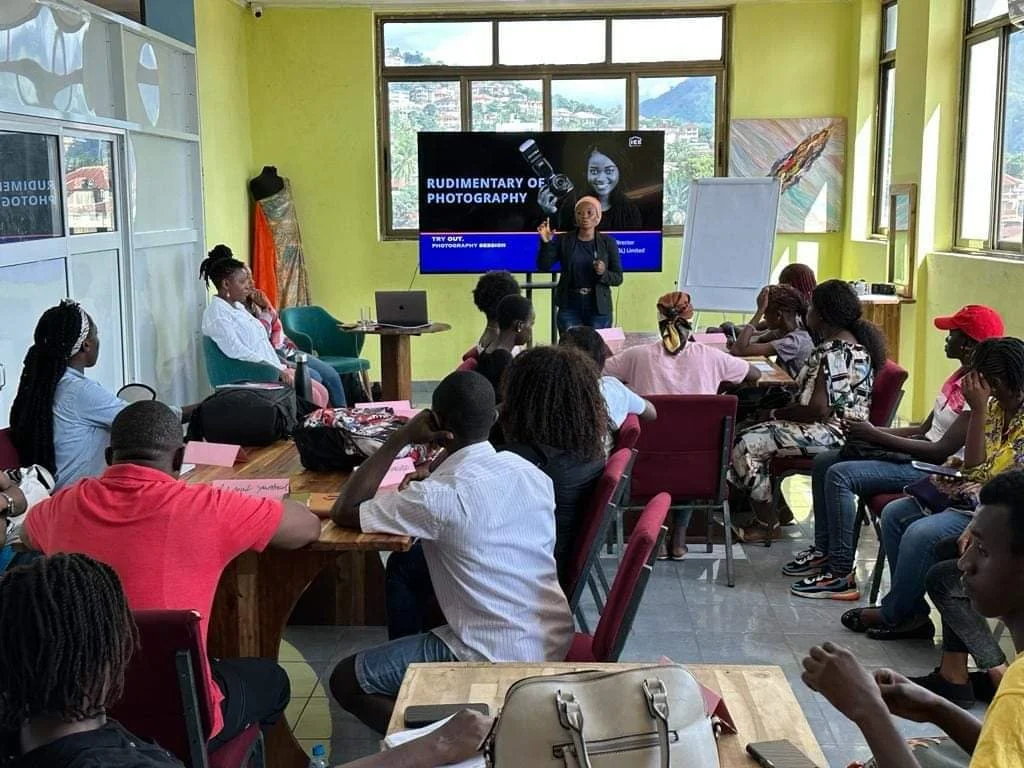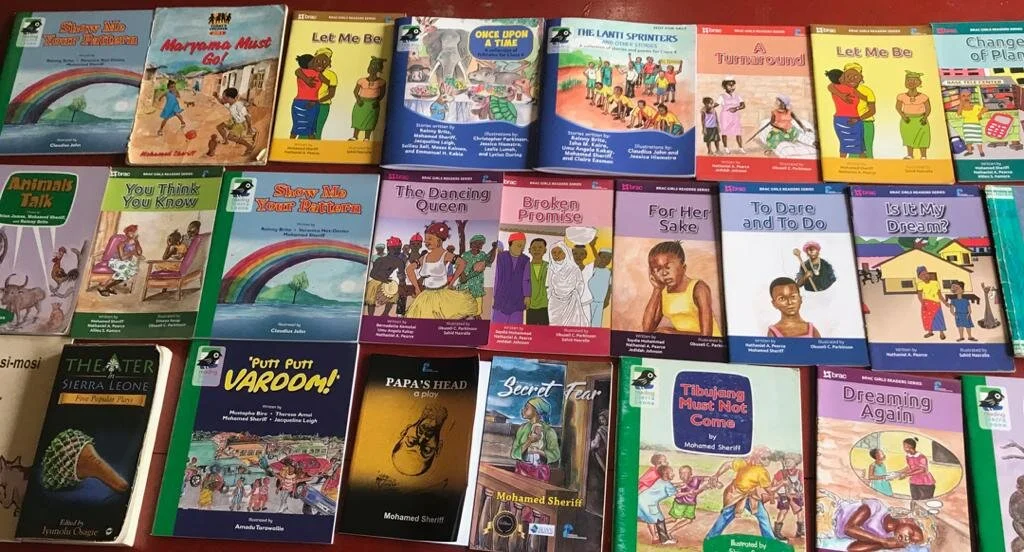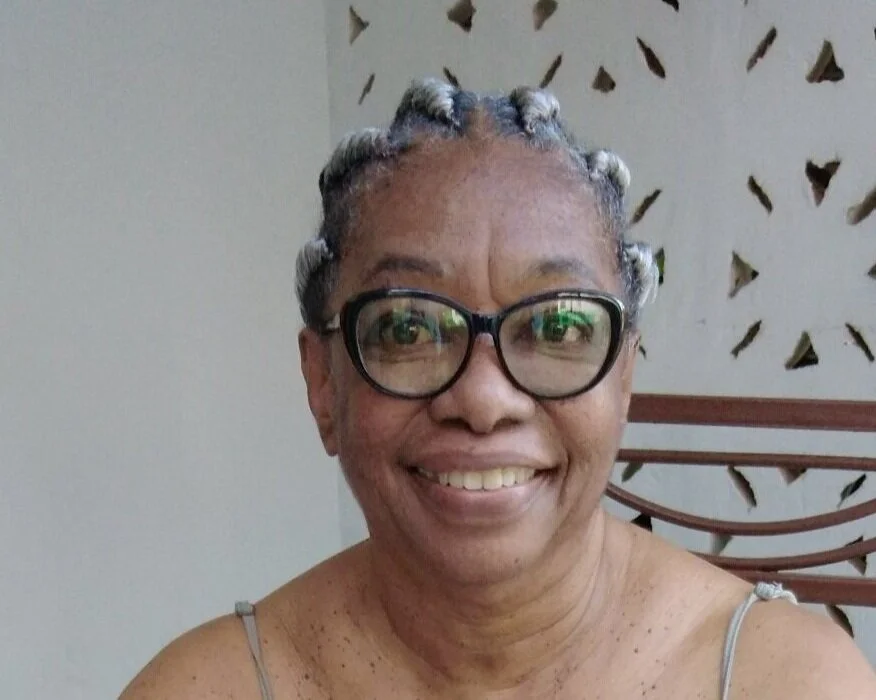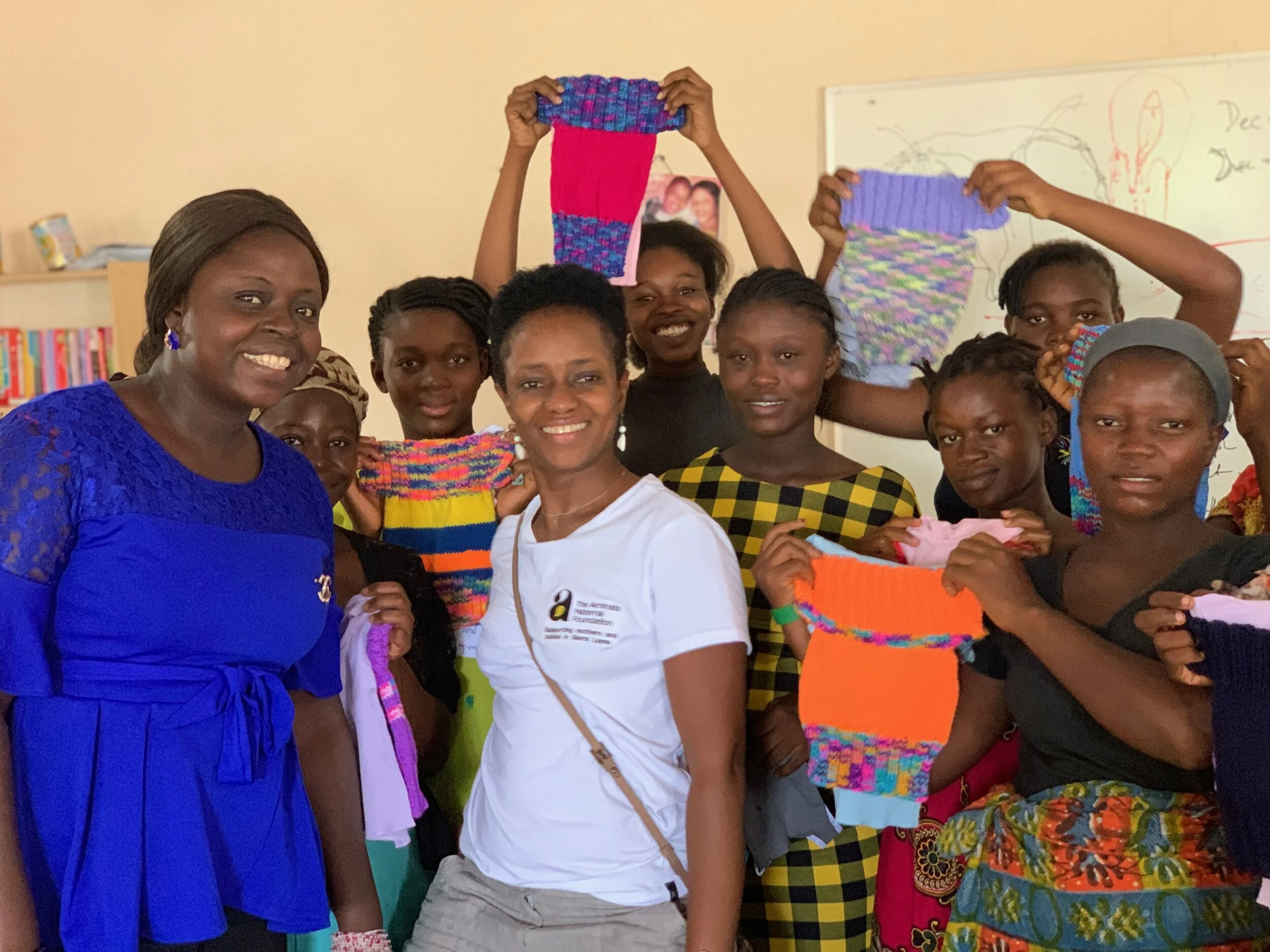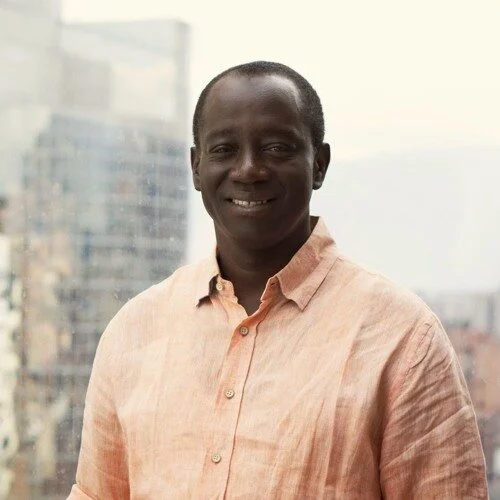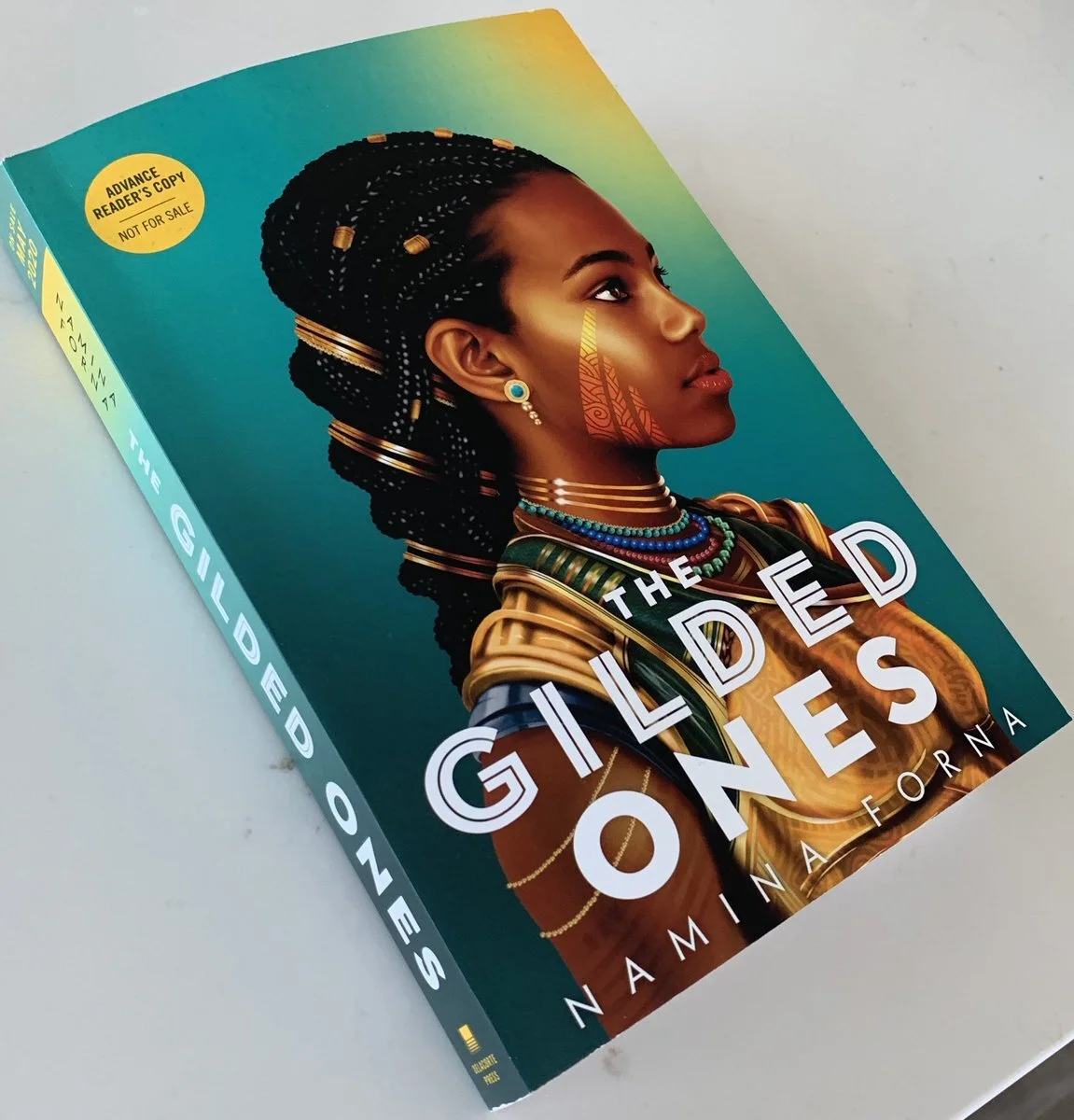Siana Bangura is a writer, producer, performer, and community organiser hailing from South East London, now living, working, and creating between London and the West Midlands. Siana is originally from Sierra Leone and moved to London with her mother when she was two years old. Her creative work focuses on the intersection of race, class and gender, and the hybridity of identity. Siana is the founder and former editor of Black British Feminist platform, No Fly on the WALL; she is the author of poetry collection, ‘Elephant’; and the producer of ‘1500 & Counting’, a documentary film investigating deaths in custody and police brutality in the UK.
Poda-Poda Stories spoke with Siana about her creative journey and embracing her Sierra Leonean heritage.
Poda-Poda: Tell us about yourself, your background and your work.
Siana: I’m originally from Freetown Sierra Leone, but I grew up in Southeast London and I now live and work between London and the West Midlands. I am a writer and a producer primarily, but these are umbrella terms for a number of things. I also have a journalistic background and social commentary is very key to my work as a producer. I’ve been producing theatre since 2014 and I was catapulted into the world of film in 2015 after the death of Sheku Bayoh in Scotland and feeling the need to document his story. I'm a community organiser and I campaign on issues focusing on the intersection between race, class and gender in the UK and in the diaspora. I also cast a lens on other issues such as the arms trade , gentrification and climate justice – I’m always connecting the dots. Obviously, we're in this moment of Black Lives Matter, so I’m doing a lot of work organising around that.
I am the author of ‘Elephant’ , a poetry collection published in 2016 , which is very much a meditation on Black British womanhood and girlhood, a reflection on being an immigrant as well as reflections on my relationship to Sierra Leone and to South London .
My most recent offering is a play called ‘Layila!’ the story of Aminata.
Whatever form my work takes, it’s really all about making sure that I'm centring voices and stories of those on the margins. So for me, I’m all about decentring whiteness and decentring white men because they are the centre of everything and they shouldn’t be.
One project that I ran for a number of years was a platform called No Fly on the WALL and that was created for Black British women and Black women living in the UK, which I founded in 2013. It was my first online platform, which then turned into an offline community. That was in the early days of Black Twitter - we met in person and had these really powerful community conversations, community circles and sista circles at a place called Common House. A lot of the people who were part of that community have gone on to do some amazing and impressive things. Some folks have stayed connected, launched projects together, and some have even gotten married!
Poda-Poda: Your book of poetry, ‘Elephant’, is described as a collection about womanhood, Black Feminism, racism, and identity to gentrification, changing urban landscapes, and love inhibited by patriarchal norms. How have your experiences as a black British shaped your writing and creative process? Would you describe it as a love letter to yourself as a black woman?
Siana: Definitely. Yeah, I think the way I like to describe it is as a meditation. I am reflecting on all these aspects of womanhood, of Black womanhood and that includes girlhood too. The way I put the work together is very intentional. The beginning includes meditations on migrating from Freetown, Sierra Leone to London with my mum as well as memoirs of growing up in southeast London and going to school in Elephant and Castle. The collection is semi-autobiographical, so there is truth as well as creative license of course.
Even the title ‘Elephant’ is meaningful to me. I am paying homage to the fact I'm from in and around the Elephant and Castle area, where I went to school and school shaped so much of my life, especially my experiences of coming of age. I went to an all-girls school and my blackness was questioned constantly. It was an ongoing battle and challenge to grapple with.
I’m also really fascinated by elephants as an animal. There’s a number of reasons why. I've done a TED Talk about why I love them and it includes the fact that elephants are known to be strongly altruistic creatures. They move through the world emotionally very similarly to human beings. They mourn in similar ways as we do and there are these myths that elephants have a long memory – whether this is true or not, I like the idea of it. Another key theme in my collection is memory.
I often use elephants as a metaphor in my work for remembering. The title poem in my collection ends with the lines, ‘This is what it's like to be an elephant I guess/ To live forever / And to always remember’. My book is very much part of a canon of work by people who have migrated and who have to accept that they are a hybrid of cultures and experiences. That means if I'm in Sierra Leone, I'm considered a JC (just arrived person) and they’ll be laughing at my Krio. But then I also understand that in this country, I am a fusion of things - British is just about as good as it gets for you here if you are not white. I recall only one time in my life where I've ever called myself English, and the way I was looked at, I knew I could never do that again. I'm not English. The hybridity of identity is another thing that I meditate on often, including in my writing.
Poda-Poda: You’re involved in so many different things, what is your creative process?
Siana: That’s a good question, and I think it really depends. There’s organised chaos to some of it but I have an abundance of notebooks and I always start with an idea when it comes to writing.
So with my play, ‘Layila!’, it was on my mind to write it for five years, but then the time came last year where I was able to finally actually write it and then this year I turned it into an audio play whilst in lockdown. I was an artist in residence at a theatre in Birmingham, UK, and I wrote the play as part of that process. Then in June and November 2019 we put it on stage and the next step was for me to bring it to London, but then the coronavirus outbreak happened. We don't know when theatres are going to be back on their feet . I was very disappointed. But I turned those feelings of disappointment around. Two weeks before Sierra Leonean Independence Day this year, I woke up and I was like, ‘you know what? If people can't go to the theatre, I am going to bring the theatre to the people’ and so I did. In two weeks, I pulled together a team and we turned my play into an audio project – it was an intense two-week period and I really enjoyed working with the people involved.
For Elephant, I used to do a lot of touring as a poet, particularly during Black History Month and there was an incident where I was attacked by a racist on a train in Liverpool, UK - I shared the incident online and it went viral. The irony of that moment is that I was trying to get to a performance that night to share some poems that were going be in my book. This racist was trying to silence me , and I said to myself “nah, the world needs to hear what I have to say”. So that just accelerated my process of getting it published.
I have many processes rather than just one when I create work. I often imagine the finished piece and work backwards – the title might come to me first or a key word or phrase or line. Sometimes it’s an image. It really just depends!
Poda-Poda: We recently interviewed the author Namina Forna, and she talked about how certain memories from her childhood in Sierra Leone played out in her book, The Gilded Ones. I’ve been really interested in how writers in the diaspora reproduce memories from their Sierra Leonean background in their work. What was that like for you, especially in the play ‘Layilla!’?
Siana: I am Sierra Leonean, and my mum has always equipped me with the knowledge of where I'm from. But when you are in the diaspora, there are a lot of negative connotations around being African, West African especially. When you’re Sierra Leonean, you're either invisibilised within the African diaspora or you are hyper-visible in the form of stereotypes. When I was younger, it felt like nobody had heard of my country. I often get told that I ‘look like’ I’m from South Africa or somewhere in southern Africa. So, there's that invisibility. And then also if there is any visibility, we already know what it is for: Blood Diamonds and Ebola. But there is far more to Sierra Leone than that!
Despite the constant negativity out there, luckily I’ve always had my mum to remind me of the importance of Sierra Leone to British history and actually, the history of the freedom of Black people. In 2016 I was really proud to watch British Historian David Olusoga’s ‘Black and British: A forgotten history’ series, which had a lot in there about Sierra Leone – on primetime TV! I was deeply moved by it.
My quest to contribute to a shift in the narrative around Sierra Leone led me to found a collective in 2015 called The Salone Collective to bring together young Sierra Leonean Creatives. I didn’t understand why we weren’t working together and also why, you may not even realise that someone you have known for ages is actually Sierra Leonean! In 2016, we held an event called ‘Freetown Sounds’, which was a beautiful sharing of our culture. Some of the collective’s members included griot, rapper and storyteller Alim Kamara, singer-songwriter Asabi Hawah, poet Saraiya Bah, and photographer Adama Jalloh, to name just a few.
Then after the mudslides tragedy in August 2017, Abu Yillah and I co-founded the Sierra Leone Arts & Culture festival (#SLACFest) as part of wider collective efforts to raise funds in response to that tragedy. Then from there the festival has continued and has grown under the Young Salone brand and the collective involved in that are doing amazing things and bringing together young Sierra Leoneans at home and in the diaspora.
I’m really glad to see the landscape changing finally .
Reflecting on my recent work, when I was writing ‘Layila!’, I also started to think about grief and loss and identity and how our mothers and grandmothers are the keepers of culture. That is very true in my case. The protagonist is a very much modelled on a younger version of myself and the character Grandma, is modelled a little bit on my maternal grandma.
Creativity is a type of alchemy, you know? You’re kind of just bringing these different elements together to create something powerful.
Poda-Poda: There have been protests globally around racial injustice, white supremacy, and racial discrimination, against black people. How can black artists, writers, creatives, continue to amplify black voices globally, using art and creativity?
Siana: We're already doing it. It's a fact that Black people are the culture.
And what we're seeing now in this moment of Black lives matter is that people love our culture but don’t care about Black lives – and haven’t for hundreds of years. Well, if you love our culture, you need to pull up and also be here for our struggles. No more looking away. Valuing Black lives includes not just treating us as a commodity – people to keep taking from.
Black artists need to just carry on supporting each other and making sure we’re amplifying the voices back home: looking to the continent, looking to the Caribbean , and highlighting artists and writers and creators who live in those places as well. We need to connect the dots. That’s what Young Salone is doing - making sure they're connecting people in Sierra Leone with folks outside of Sierra Leone and championing our culture and our language too.
In fact, right now my favourite song is ‘Move Right’, by Big Zuu and Drizilik – what a fire link up! Hearing that song being played on the radio, hearing sweet sweet Krio in the airwaves in the UK, means so much to me. It makes me feel so proud.
Whenever we are in positions of power and influence, we need to ensure we are bringing other Black folk along with us – never accept that there is only ever room for one of us. It’s a damn lie. There is always strength in numbers.
Poda-Poda: I saw something online that said something like we've spent so much time saying we need to make ourselves visible , but we are already visible to each other. So I think it's time that we just start focusing on our own spaces…
Siana: Yes. We need to not be scared of each other because we are talking about our communities here. We were taught there is only space for one of us, so you need to fight for that space. We must resist that narrative of unnecessary competition and scarcity.
Poda-Poda: There’s often this idea, that the struggles of black people in the diaspora against racism, aren’t necessarily an ‘African’ problem. As a daughter of the soil (from Sierra Leone) and a black British creative, how do you think we can transcend those lines?
Burna Boy’s mum, Bose Ogulu once said ‘Every Black person should please remember that you were Africans before you were anything else’.
She is right, never forget that even though many have been displaced, we’re all still originally from the continent. I think it's just that understanding that our roots are the same and it's really important that we care about each other. If all Back people are not free, you are not free. It's simple as that. Quoting MLK, “Injustice anywhere is a threat to justice everywhere”. The struggles of all sorts of minoritised groups, are important, and are connected.
Poda-Poda: How has writing saved your life?
Siana: Wow! [Pauses]
I agree writing has definitely saved my life many times over. It's such a powerful question. If you write, you have a voice. So writing has given me a voice. I'm an extrovert, but I also have my introverted ways, especially when I was younger. Writing has always been a key mode of expression for me. Writing is how I make sense of the world and how I archive my experiences of it. It's given me a sense of power in myself and my ability to document my life and the lives of others in this time. I take the duty of a writer and a creative very seriously.
Writing has given me the space to explore all these types of stories and to make sense of the world in a way that I couldn't do otherwise.
Find out more about Siana’s work at sianabangura.com
Questions and Interview by Ngozi Cole.

